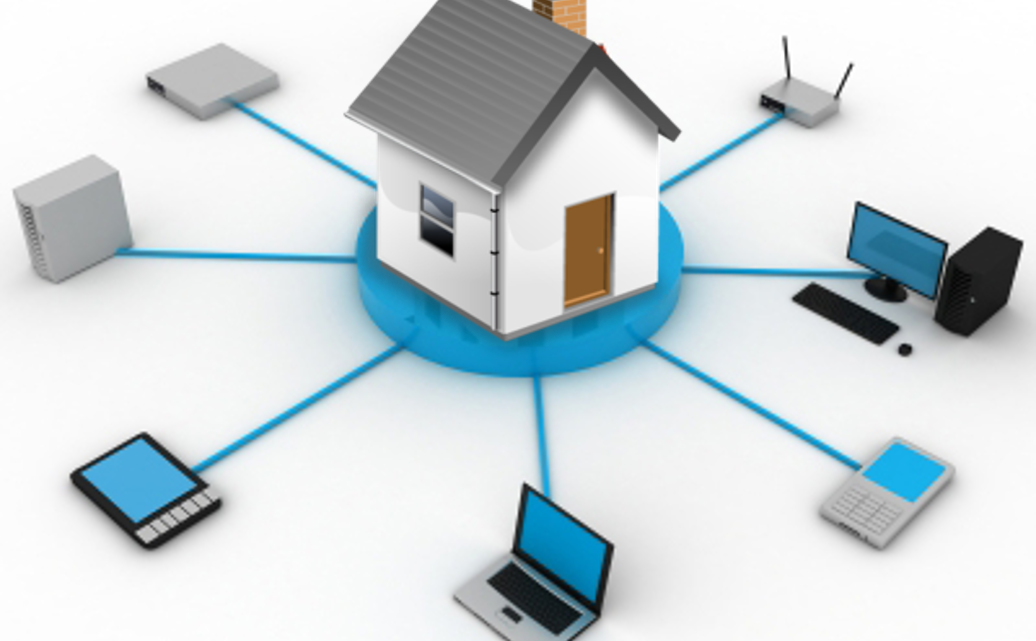Hacking into a network should require extraordinary abilities and understanding. Now a day’s, home computer networks are popular among a wide range of consumers. Some people think that home network security is too problematical or confusing. An insecure network allow malicious hackers to access to your data and also allow someone to take control of your computers. You can minimize your chances of having your security with the right tools.
Network Security Hardware
Computers running on the Windows OS are more at risk of security than Mac computers. Today, the Windows OS is dominating the computer market and also a big target for people. You may add more devices linked to your network depending upon the protocols you use. Firewalls and routers provide more security. Firewalls acts as filters and they come in both hardware and software. Many routers have in-built firewall software. Firewalls will have several security settings that will allow you to create a list of web addresses that are off limits. You should set a password and enable encryption, if you use a wireless router. Most routers have both WEP and WPA encryption options. WPA is safer than WEP. To keep your network secure, enable encryption and choose a strong password.
Network Security Software
There are numerous firewall programs available on the market. Some of them are free and part of a software package which includes other important applications. A firewall is anti-virus software and a robust anti-virus program will keep your computer safe. Update anti-virus software to remain active. Anti-virus software separates and deactivates malware, searches for viruses by comparing the applications on your computer. Like anti-virus software, anti-spyware or anti-adware programs track your online actions and send information to another computer. These programs have active scan modes and it is better to run scan on a regular basis.
Detecting Wireless Network Interferences
A strong firewall should help you keep an eye, if an application on your machine is attempting to contact another computer. Don’t block your anti-virus program from downloading the latest updates. Web browsers have security settings to keep your network safe. To keep your network safe, disable cookies, Java and other options. Some anti-virus software’s will not detect a squatter. So, run anti-virus software regularly to make your system secured.
Tips on Safe Wireless Networks
- Avoid clicking on hyperlinks ine-mail mainly if you don’t know the name of the person. Because the link may point you to a malware site.
- Links onweb pages will also lead to malware. Malware designers will create a copy of a web page and use it to host their malware which is known as ‘spoofing’.
- If you have to visit the right web site don’t trust hyperlinks. The best way to reach the site is to type the URL in your browser address bar.
- Peer to peer services will allow you to download files that are hosted on other computers. If you are not careful, any private information on your machine might not be private for long.
- No network is ever 100 percent expected to attack, following these simple tips will reduce greatly the risk of a security cooperation.










